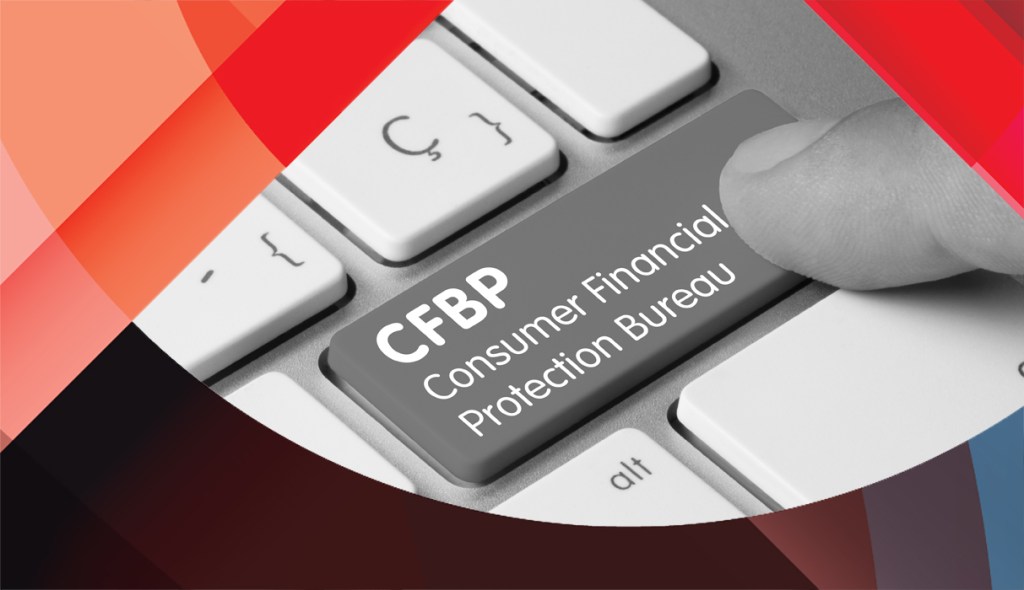
A ruling late last year by a U.S. District Court judge in Wilmington, Delaware, put the structured-finance industry on high alert because of the serious legal and financial implications it poses for the private-label securities (PLS) market.
The fate of the litigation is now in the hands of the U.S. Court of Appeals for the Third District, however. The federal appeals court, based in Philadelphia, this week decided to weigh in on the major arguments in the case by agreeing to hear a rare interlocutory appeal filed by the defendants — a group of student-loan securitization trusts.
Normally, parties to a case cannot appeal until the lower court enters a final judgement. If a case raises important legal questions, however, they can seek permission to appeal early, while the case is still pending, via an interlocutory appeal.
In the litigation, “Consumer Financial Protection Bureau v. National Collegiate Master Student Loan Trust et al.,” a group of 15 student loan trusts stand accused by the CFPB of being liable for the deeds of loan servicers that were acting on behalf of the securitization trusts. Those services filed multiple allegedly flawed lawsuits in state courts to pursue loan defaults against borrowers.
The servicers allegedly “executed and notarized deceptive affidavits” and “filed … collections lawsuits lacking” important evidence, according to pleadings in the federal case — pending since 2017 in U.S. District Court for the District of Delaware.
“The Third Circuit Court’s decision to hear the appeal allows the trusts’ appeal to be docketed and the issues will now be fully briefed over the coming months, effectively pausing the [lower-court] legal proceedings against the trusts, pending the Third Circuit’s review,” the Structured Finance Association (SFA) stated in an email alert sent to its members. “SFA will continue its advocacy on the matter and closely monitor any developments in the case.
“Additionally, SFA will seek to submit an amicus [friend of the court] brief to inform the court on the negative impact that a finding of trusts as ‘covered persons’ would undoubtedly have on the securitization market.”
The 15 trusts being sued by the CFPB were set up to securitize a total of 800,000 student loans, according to the original complaint filed by the federal watchdog agency. The trusts are administrative entities sans employees, so they collect and service the debt in the securitized loan pools through third-party servicers. Mortgage securitizations in the PLS market have a similar structure.
The trusts say the CFPB lacks authority to sue them because they are not ‘covered persons’ under the Consumer Financial Protection Act,” U.S. District Court Judge Stephanos Bibas wrote in his precedent-setting ruling issued in December 2021. “But they ‘engaged in’ servicing loans and collecting debt through their contractors [the loan servicers], so they fall within the statute. I must thus let the CFPB’s case proceed.”
The questions that are now being considered in the recently accepted interlocutory appeal of Bibas’ ruling, according to the court pleadings, are whether the student loan securitization trusts — and by extension PLS trusts — can be considered “covered persons,” subject to the authority of the CFPB.
The other question on appeal is whether the statute of limitations has run out on the CFPB’s lawsuit because it was initially filed “while the [CFPB’s] director was improperly insulated from presidential removal.”
That second question stems from a constitutional controversy settled by the U.S. Supreme Court during the waning months of the Trump administration that reversed a congressional restriction on the president’s power to remove the CFPB director. The CFPB’s lawsuit against the trusts was approved by CFPB leadership and filed in federal court prior to the U.S. Supreme Court’s ruling in 2020. A new CFPB director, removable by the president, later ratified the lawsuit to cure any potential statute-of-limitations defect — a move now being challenged on appeal.
Michael Bright CEO of the Structured Finance Association, added that if the lower-court judge’s ruling is allowed to stand, the PLS market would have to “adapt pretty substantially.”
“Investors will need to quantify and charge for the risk that they will be held accountable for [with respect to] the acts of third-party servicers…,” Bright said. “It completely upends the construct of securitization.”
How long the Third Circuit Court of Appeals will take to issue its final opinion on whether or how the case should proceed is not clear. It’s ruling for now is simple, according to the pleadings: “The Court of Appeals has granted a petition for leave to appeal in this matter.”






